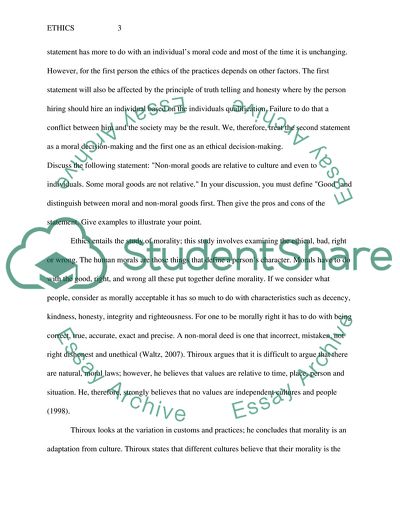Cite this document
(Making a Decision Based on What an Individual Perceives as Acceptable Essay Example | Topics and Well Written Essays - 1750 words, n.d.)
Making a Decision Based on What an Individual Perceives as Acceptable Essay Example | Topics and Well Written Essays - 1750 words. https://studentshare.org/ethics/1764023-diabetes-can-be-controlled-in-african-americans-through-a-diet
Making a Decision Based on What an Individual Perceives as Acceptable Essay Example | Topics and Well Written Essays - 1750 words. https://studentshare.org/ethics/1764023-diabetes-can-be-controlled-in-african-americans-through-a-diet
(Making a Decision Based on What an Individual Perceives As Acceptable Essay Example | Topics and Well Written Essays - 1750 Words)
Making a Decision Based on What an Individual Perceives As Acceptable Essay Example | Topics and Well Written Essays - 1750 Words. https://studentshare.org/ethics/1764023-diabetes-can-be-controlled-in-african-americans-through-a-diet.
Making a Decision Based on What an Individual Perceives As Acceptable Essay Example | Topics and Well Written Essays - 1750 Words. https://studentshare.org/ethics/1764023-diabetes-can-be-controlled-in-african-americans-through-a-diet.
“Making a Decision Based on What an Individual Perceives As Acceptable Essay Example | Topics and Well Written Essays - 1750 Words”. https://studentshare.org/ethics/1764023-diabetes-can-be-controlled-in-african-americans-through-a-diet.


